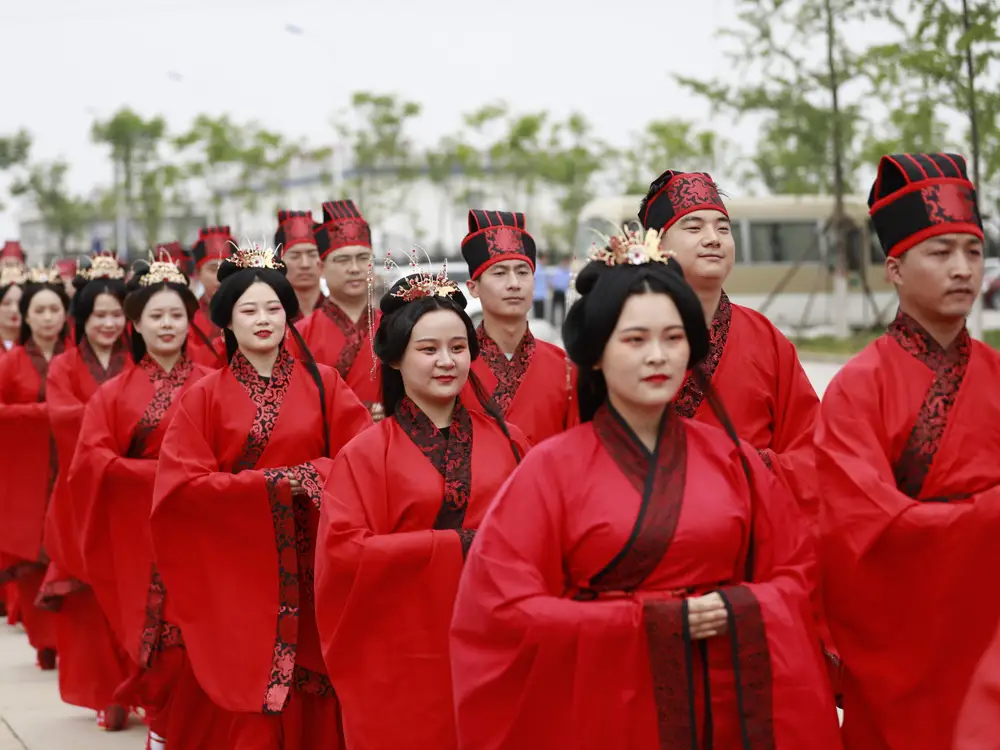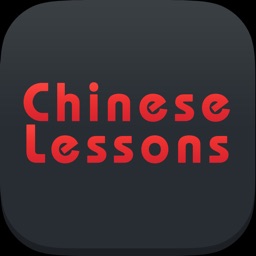It is well known that songs can be a very effective tool for learning a foreign language, and Chinese is no exception. Learning to sing Chinese songs can encourage your child to speak in Chinese more, at the same time improve his or her fluency, enunciation and articulation and the language points in the songs will be much easier to memorize.
Is your child just starting to learn Chinese? Do you want to kindle his or her interest in the language? Then you definitely can’t miss this Chinese song! It’s catchy and easy to learn. After learning this song, your kid will know how to greet others in Chinese. Now play the video and sing along together!
The following expressions are what your child needs to learn in the song:
1. nǐhǎo
你好
hello
In Chinese, “nǐhǎo 你好” is a common phrase for greetings. It’s equivalent to “hello” or “wish you a good day” in English. For example:
Nǐhǎo, Xiǎo Míng!
你好, 小 明!
Hello, Xiao Ming!
2. nǐ hǎo ma
你 好 吗
how do you do
Basically, “Nǐ hǎo ma? (你好吗?)” has the same meaning as “How are you?” or “How do you do?” Here is an example:
Hǎo jiǔ bú jiàn, nǐ hǎo ma?
好 久 不 见,你 好 吗?
It’s been a long time, how are you?
3. zǎoshàng
早上
morning
“Zǎo shàng 早上” means “morning” or “in the morning” in English. Here are two examples:
Zǎoshàng hǎo!
早上 好!
Good morning!
Wǒ měitiān zǎoshàng qù shàngxué.
我 每天 早上 去 上学。
I go to school in the morning every day.
4. wǎnshàng
晚上
evening
“Wǎnshàng 晚上” means “evening”, “in the evening”, “night”, or “at night” in English. Here are two examples:
Wǎnshàng hǎo
晚上 好!
Good evening!
Nǐ wǎnshàng dōu zuò shénme?
你 晚上 都 做 什么?
What do you usually do in the evening?
5. hǎo
好
good
Using “hǎo 好” by itself is very simple as it directly translates to the English words “good”, “nice” or “well”. Here is an example:
Nǐ Zhōngwén shuō de hěn hǎo.
你 中文 说 得 很 好。
You speak Chinese very well.
Can your child sing the song yet? Let us know in the comments if he/she likes to learn Chinese through singing songs, then we’ll introduce more interesting Chinese songs in future lessons!
You May Want to Learn More :
“Quiz and Analysis to the Chinese Measure Words “Zhī 只”, “Tóu 头” and “Gè 个””
“Clearing up Confusion Between “liǎng 两” and “èr 二” for Children to Learn Chinese”
”Quiz to Improve Children’s Chinese Learning: How to Use “Bǎ 把””




